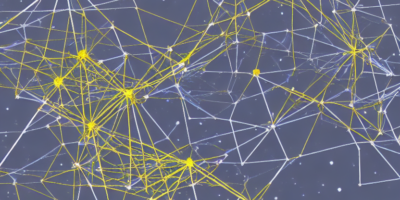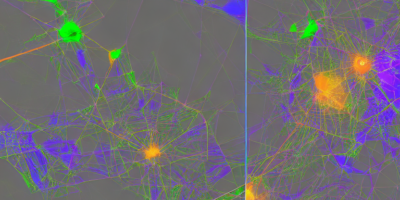In this article, the authors explore ways to improve speech recognition systems in noisy environments by using "TragicTalkers," a dataset of voices with various levels of noise. They propose a novel approach that leverages teacher networks to generate pseudo-labels for each speaker in a mixture of voices, which can provide more accurate supervision compared to traditional methods.
To better understand this concept, imagine you’re trying to cook a delicious meal but your kitchen is filled with distracting noises. Just like how speech recognition systems need to be able to recognize and isolate individual voices in a mixture of noise, you need to separate the ingredients from the background noise to create a tasty dish. The authors’ proposed approach can help the speech recognition system "chef" (teacher network) to generate pseudo-labels for each voice, allowing it to better recognize and isolate individual voices in the noisy kitchen.
The authors test their approach on the TragicTalkers dataset and demonstrate that it provides more accurate supervision compared to traditional methods. They also show that their approach can handle different levels of noise and multiple simultaneous speakers. However, there are still some limitations to be addressed, such as the need for more robust testing in real-world scenarios.
In summary, the authors propose a novel approach to improve speech recognition systems in noisy environments by leveraging teacher networks to generate pseudo-labels for each speaker in a mixture of voices. Their proposed approach shows promising results and can help create more accurate speech recognition systems in various real-world scenarios.
Audio and Speech Processing, Electrical Engineering and Systems Science
Hybrid Learning for Face TrackerFT with Pseudo-Labels



